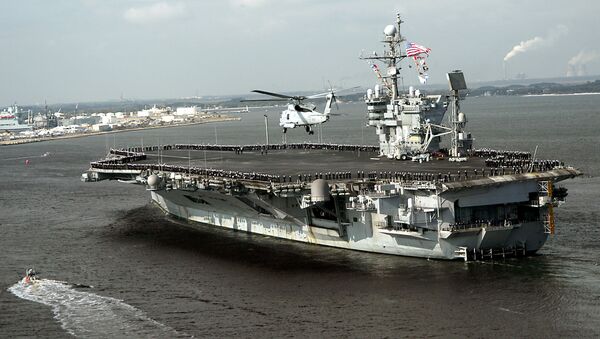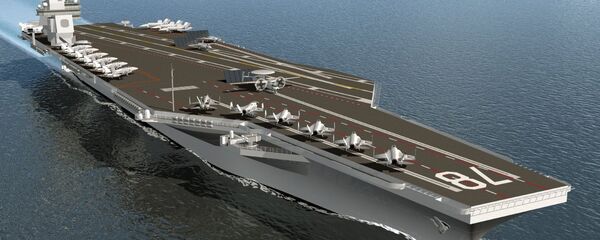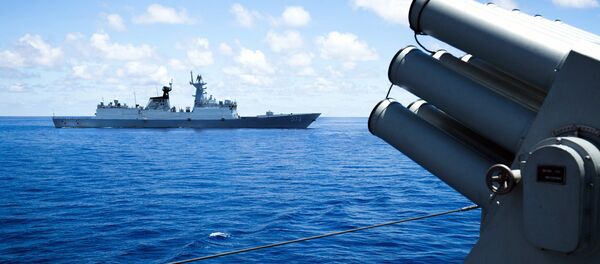In a 2015 war game, a French sub navigated multiple lines of defense to “eliminate” the USS Theodore Roosevelt off the coast of Florida, according to a new Reuters report. Since the 1980s, war games meant to simulate real battle between the US and its allies show that US aircraft carriers have been destroyed or sunk at least 14 times, but the total number is unknown due to the Navy’s classification of these reports.
Russia, China and Iran have all boosted anti-ship capabilities in recent years, a series of moves that makes carriers more susceptible to being destroyed. If the USS Ford sank due to an enemy nuclear sub or anti-ship missile, some 4,500 personnel, 70 aircraft, and $12.9 billion would go down with it. With a limited naval budget, devoting $12.9 billion toward one ship could prove to be a case of putting too many eggs in one basket, or insufficient diversification.
Trump seemed all but oblivious to the threats posed by countries with which the US has not always maintained positive bilateral relations. While visiting the Ford, Trump said “this ship will make an extraordinary addition to the fleet like no other--like no other," adding that it, "represents the future of naval aviation." Later during his speech Trump exclaimed, "there is no competition to this ship."
But independent think tanks have pointed out that the exact opposite is true. A 2015 report titled "Chinese Threats to US Surface Ships" from the RAND Corporation, a nonpartisan think tank headquartered in Arlington, Virginia, found that the People's Liberation Army (PLA) "has rapidly improved its ability to reliably locate and attack US carrier-strike groups at distances of up to 2,000 km (1300 miles) from its coast."
Despite the attention-grabbing development of China’s anti-ship ballistic missiles, RAND said, "this analysis suggests that the PLA’s steady but less heralded development of quieter, more capable submarines represents a more immediate threat--one that puts US carrier-strike groups within 2,000 km of the Chinese coast at significant risk."



